And the Board did Shrink
Early one autumn day, as I sat reading my OT on the balcony, who should appear on his balcony next to mine but Boxer?
“I say, Charles, do you know when the fellow delivered the OT this morning? Five o’clock! I had come out for a cigarette and watched him.”
“I knew it was early, but I never really cared how early. Why were you up craving tobacco, anyway, Boxer?”
“The sound of running water woke me. I got up and checked the various plumbing facilities around the house. The sound seemed to come from underground.”
“Before you moved in, I had a chance to go to your back garden. I was on the trail of a weasel who’d been digging holes by our fence. I never told you, did I?”
“No. That was very remiss of you.”
“But I’m telling you now. Anyway, you’ve got an underground well-stream running through your property and probably under your house, too. There’s even a trapdoor of sorts to access it if you ever need water. I suppose it ebbs and flows. That was what you probably heard.”
“Charles, you never told me! Is there a lunar influence, do you think?”
“Tides? Well, possibly. Or even what people call — “
“What is that? That article on the back page of OT there?”
“Oh, that. It seems there’s some sort of problem with the fog-to-water catalyser in the air filtration system. Maybe that’s what’s causing your midnight tidal waves, Boxer, ha ha!”
“What do you mean?”
“No, really! The system started acting up, not pumping the water properly. The fog water should condense either into the Caspar, Melchior, and Balthazar streams or into pipes leading to the hydraulic mechanism that runs the funicular up to Säli Schlössli.”
“Up there? That white castle on the hill just behind the birch tree at number 18?”
“That’s right. Did you know you can see Eiger, Mönch, and Jungfrau from the top windows of these houses? On a clear day, that is.”
“So there IS still fog, then?”
“Not here – and not fog – haze. I’ll show you. Have you been up to Säli Schlössli yet?”
“Up there? No.”
“So! Let’s go! Get ready and we can have a beer there this afternoon.”
We started out for the funicular station nearest us at Bifang. Boxer wondered why the main railway station didn’t have a funicular stop. “Or one right there?” He pointed to the Hofmeier building, just one block from the railway exit. “Or over there?”
“Those actually were planned as possible stops. This land behind the metal foundry was the planner’s dream spot, but it all came to nought.”
At Restaurant Sternen we turned left and walked up the street. I wanted to show Boxer the best view of Bifang Schulhaus. In the old sport field behind it was funicular station F1. The gentle tinkling of water came from the hydraulic pumps which powered the cogwheel train. Even when the fog dissipation valves were shut, the waste water from the residents on that side of the Aare was enough to run the engines.
” ‘Water, water everywhere, and all the boards did shrink; water, water everywhere, nor any drop to drink’,” quoted Boxer. “I cannot wait for my beer.”
“We’ll get off at Elefantenplatz and look around, then catch the next train, OK, Boxer?”
“That is the last stop before the top?”
“No. Two in between. Wartburg and the parking lot. I think we’ll walk down afterward.”
“I think we will decide that later, my friend.”
During the ride, I told Boxer that the same hydraulic drive system is used in Fribourg for their funicular.
“Freiburg im Üechtland! Yes, I have been there often. Such a truly bilingual city.”
“Have you noticed around Olten the name Froburg? Just as Oltner Tagblatt is written without the ‘e’ in Olten, you ought not spell Froburg with an ‘h’ these days. Unless you refer to the street. Many people are unsure.”
“So, Charles, how should I remember this interesting fact?”
“I asked our postman the same question, and he said, ‘Froburg is not a frohe Burg’.”
“Sad, that, but a good mnemonic, nonetheless.”
“And because the spelling changed over time, back and forth, with or without the ‘h’, it is actually possible to date a document rather accurately by the spelling.”
We ended up riding to the top station and found a pleasant spot at a table on the roof terrace of Säli Schlössli. The visibility was nearly limitless, and it inspired us to drink another half-litre of the fine beer. So emboldened were we that we decided to get off the return train at Wartburghöf and walk down from there.
“Look, Charles. Down there. That line of bushes indicates either a boundary or a stream – or both. Let us investigate.” So we clambered off-piste and found ourselves at the very source of the stream.
“The Mühlebach, Boxer.”
“Let us see where it leads. I feel adventurous.”
The old Mill Stream is easy enough to follow for much of its course. Through the field, then along the corner of a forest, down an exquisitely pleasant fall of water to an opening in a valley, then across a fenced-in sheep pasture. On the fence was a sign warning of the danger of electric shock and a hand-written notice of a reward for the capture of a sheep rustler. The stream fed into a charmingly rustic fountain, into a drain, and then — it disappeared underground. We could not find any further trace of it.
“We have lost it, Charles. Civilisation has covered over our little stream. But, – hmm. I shall consult my own source on matters cartological. There must exist a map showing its run, or at least where it flows into the mighty Aare.”
The scandal broke the next day. According to the OT, and reported later in the T-A, NZZ, and Blick, Olten’s famous air filtration system had suffered a major collapse caused by waste water being pumped into the uptake pipes. Evidence showed that the contamination had been going on for at least several months. Mismanagement or possible corruption was being suggested. Fish were dying in the Aare; even the local swan population was suffering.
Chemical analysis of the sludge caught in the filters revealed high concentrations of folic and tannic acids, unusual levels of alpha and beta acids, as well as particulate chromium matter. The city managers were stumped, both by the problem and for a solution.
The once ever-present fog, which had hung over Olten like a funeral shroud, had until then been successfully pumped out of the air and converted to groundwater, which was then channelled into the Aare. With the system clogged, and the sludge building up, Olten the Sun City was becoming Olten the Sumpf City. Residents on the right side of the river complained that their cellars were beginning to smell strange. Even street drains started to stink.
” Of – ?” Boxer asked. “It smells of cellulose, I would say. Olten has no paper industry, has it? Or hat-making shops?”
“Yes. Well, a felt factory, but that’s way over at Hammer on the other side of the river.”
“This river, Charles, divides the city in many ways. Move house from one side to the other, and one’s entire daily schedule of life is turned nearly upside down. It is almost like changing cantons, eh?”
“The postman was telling me about the mail delivery sectors in Olten. It’s according to colour. We live in the Red Quarter, apparently.”
“Just so it is not a political designation, Charles. I detest politics.”
“Still, it would be good of you to offer your, uh, services to the board of city managers. They are not a political body. In fact, they represent no one but themselves. It’s a ceremonial panel. Totally independent of the mayor, the council. They just manage their own affairs.”
“You are right, Charles. I shall have to solve the problem first, however. Give me a week.”
“A week! Boxer, you won’t solve this in a week. Good heavens. Be realistic.”
“All right, then. In five days.”
Lese den zweiten Teil der Geschichte: Der Spaziergang entlang dem Mühlebach lässt Boxer nicht mehr los, nachdem der Kollaps der Nebel-Luftfilteranlage ans Licht gekommen ist. Vor dem Vorstand der Stadtverwaltung enthüllt er, wer Oltens “Versumpfung” verantwortet.
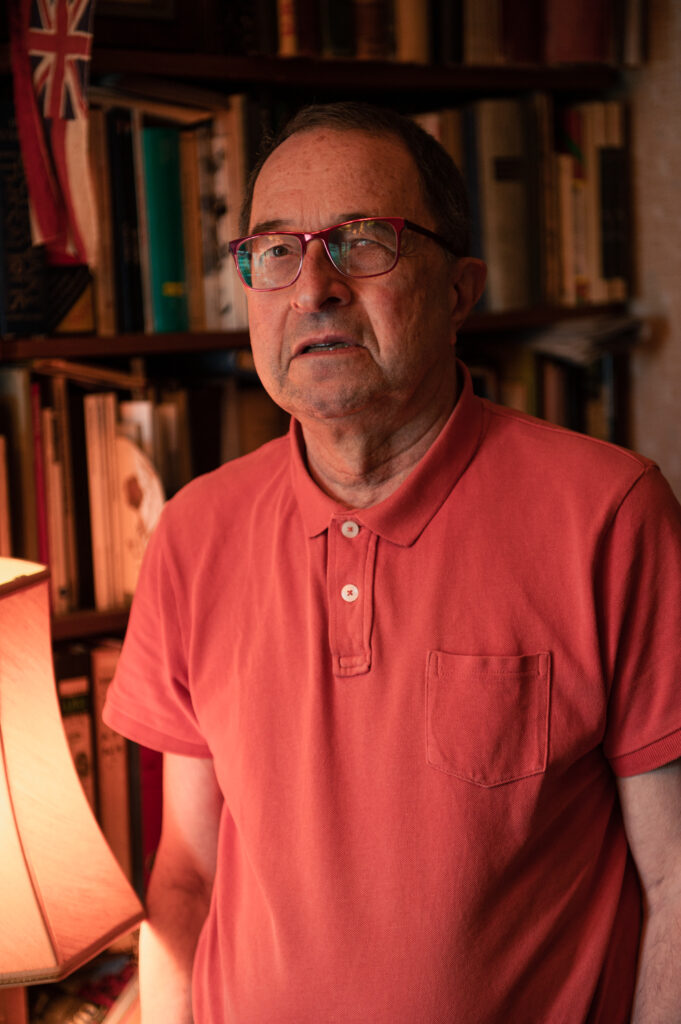
David Pearce ist ein Schweizer Schriftsteller, wohnt seit 2000 in Olten und hat amerikanische, englische und französische Wurzeln. Er schreibt auf Englisch Kurzgeschichten, Romane und Theaterstücke.
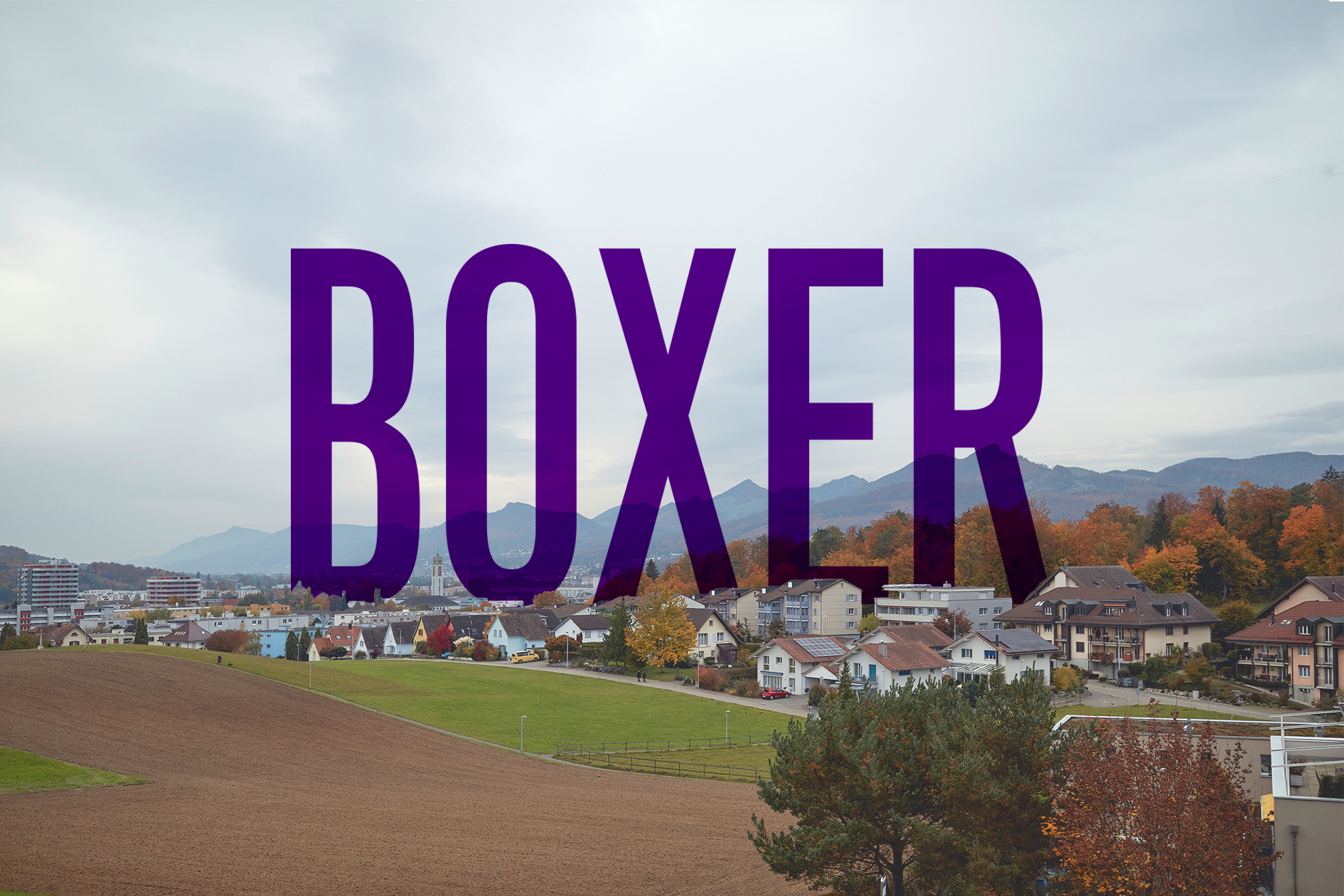

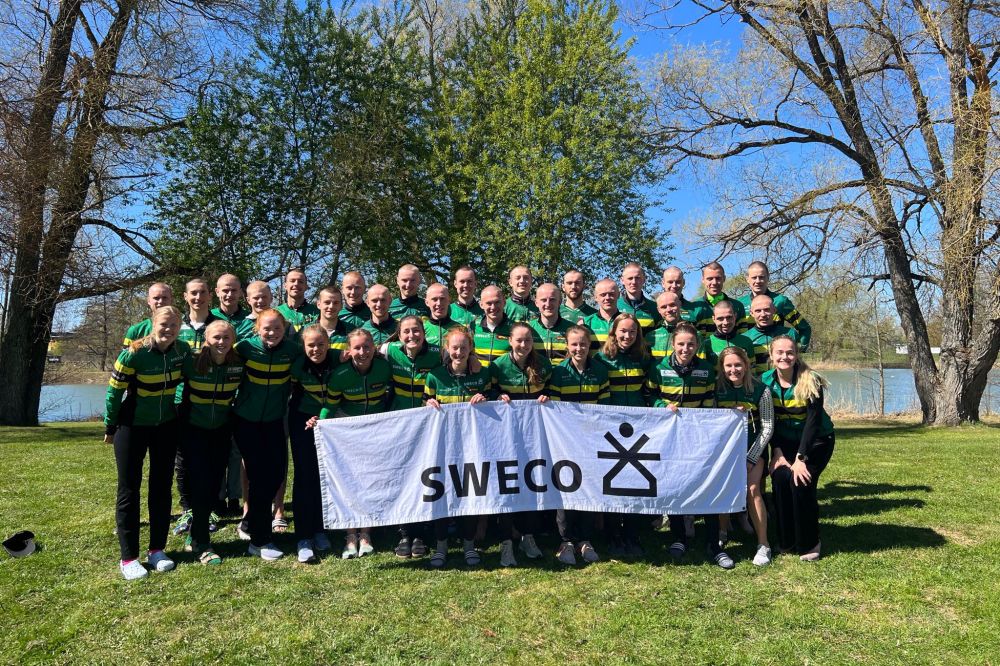
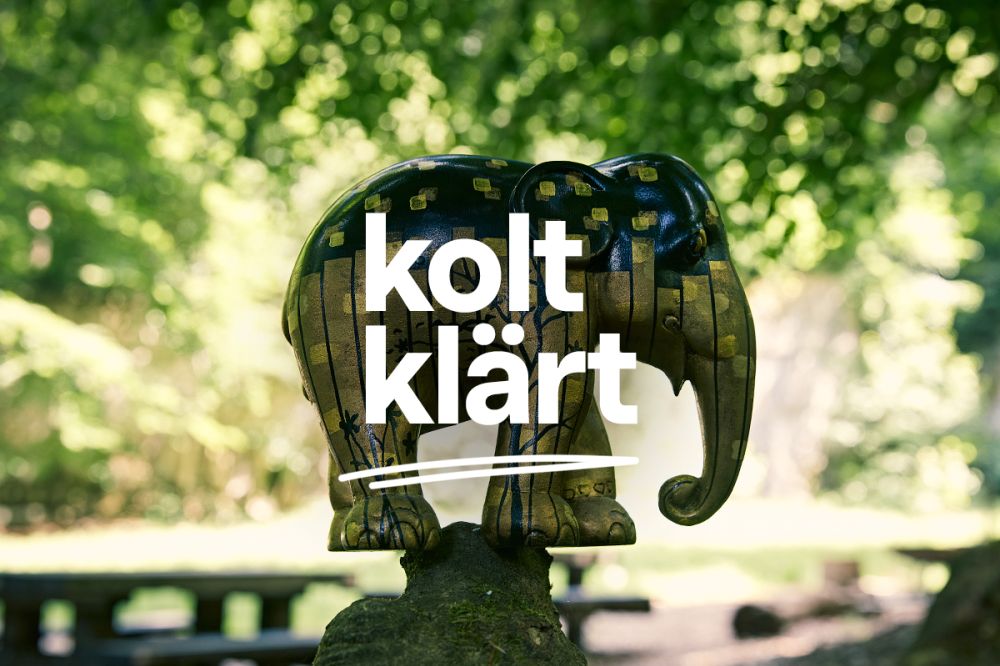

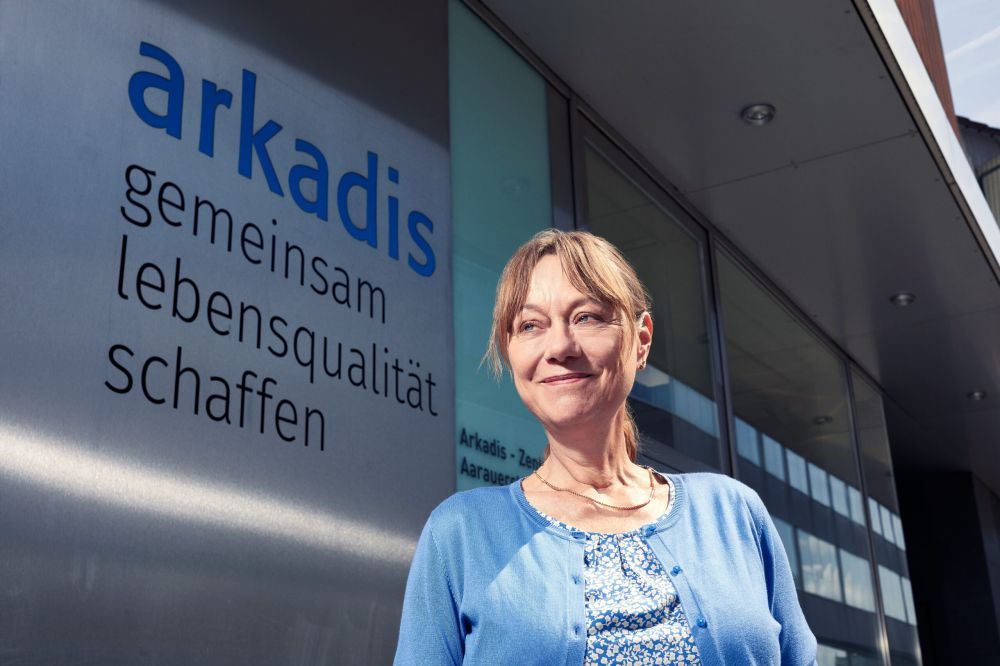


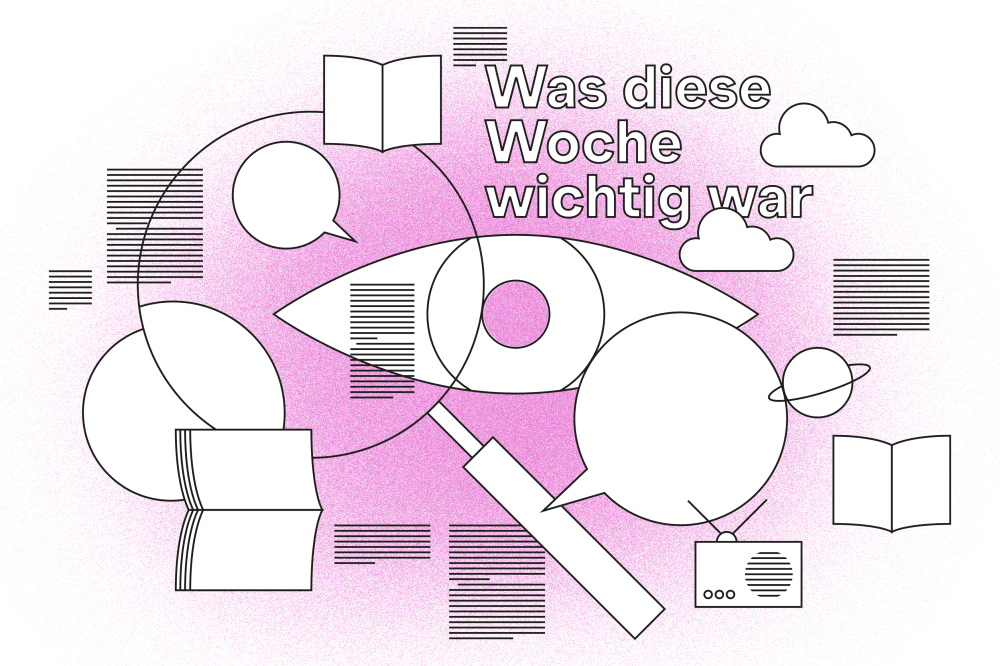
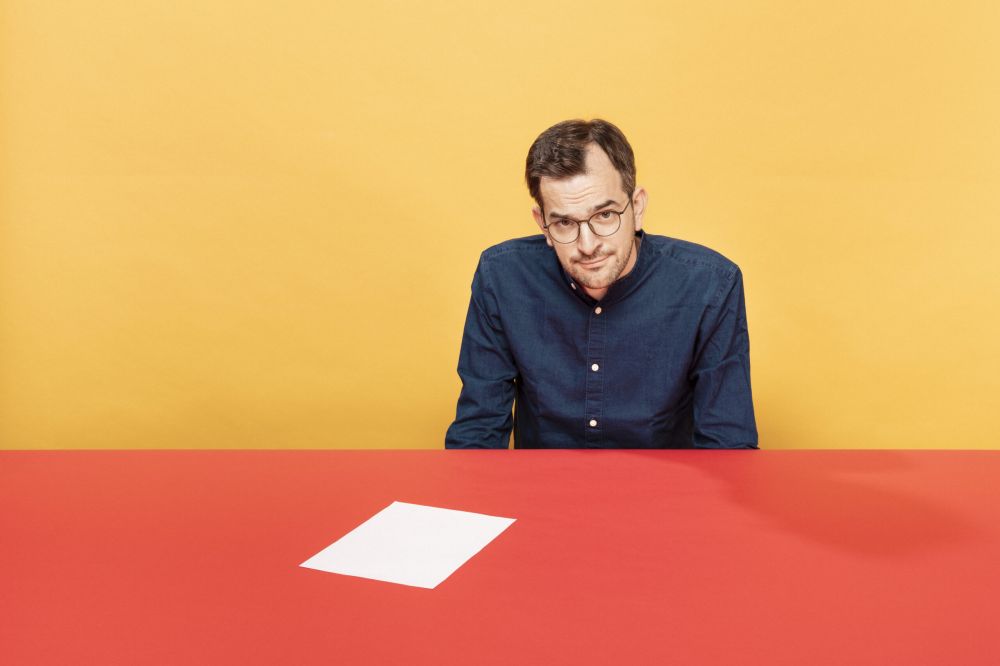
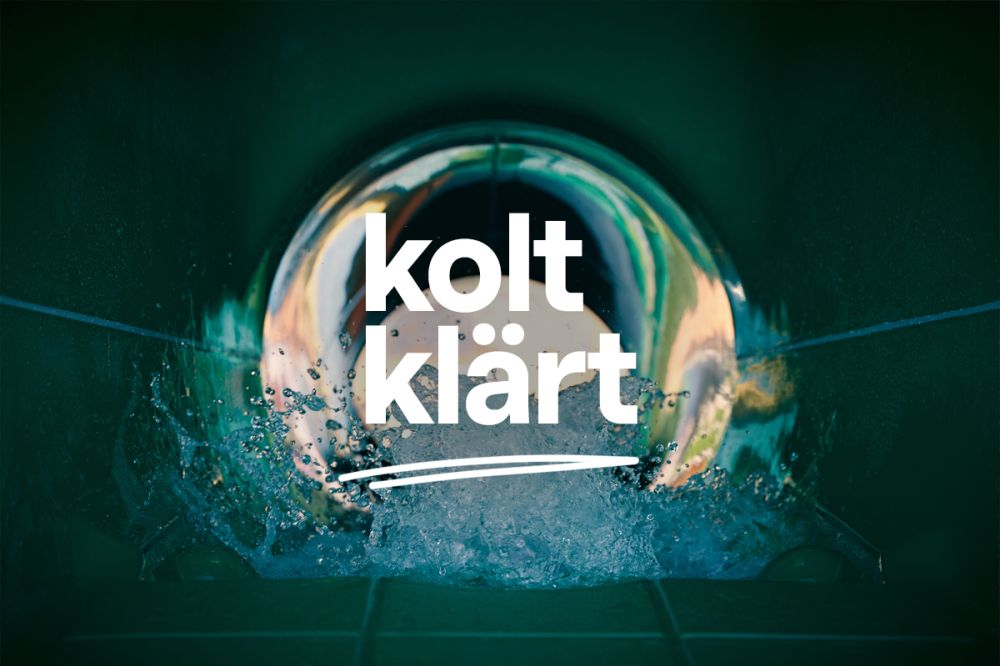
Eine Standseilbahn aufs Sälischlössli. Welche verrückten Tourismus-Ideen hättest du für Olten?